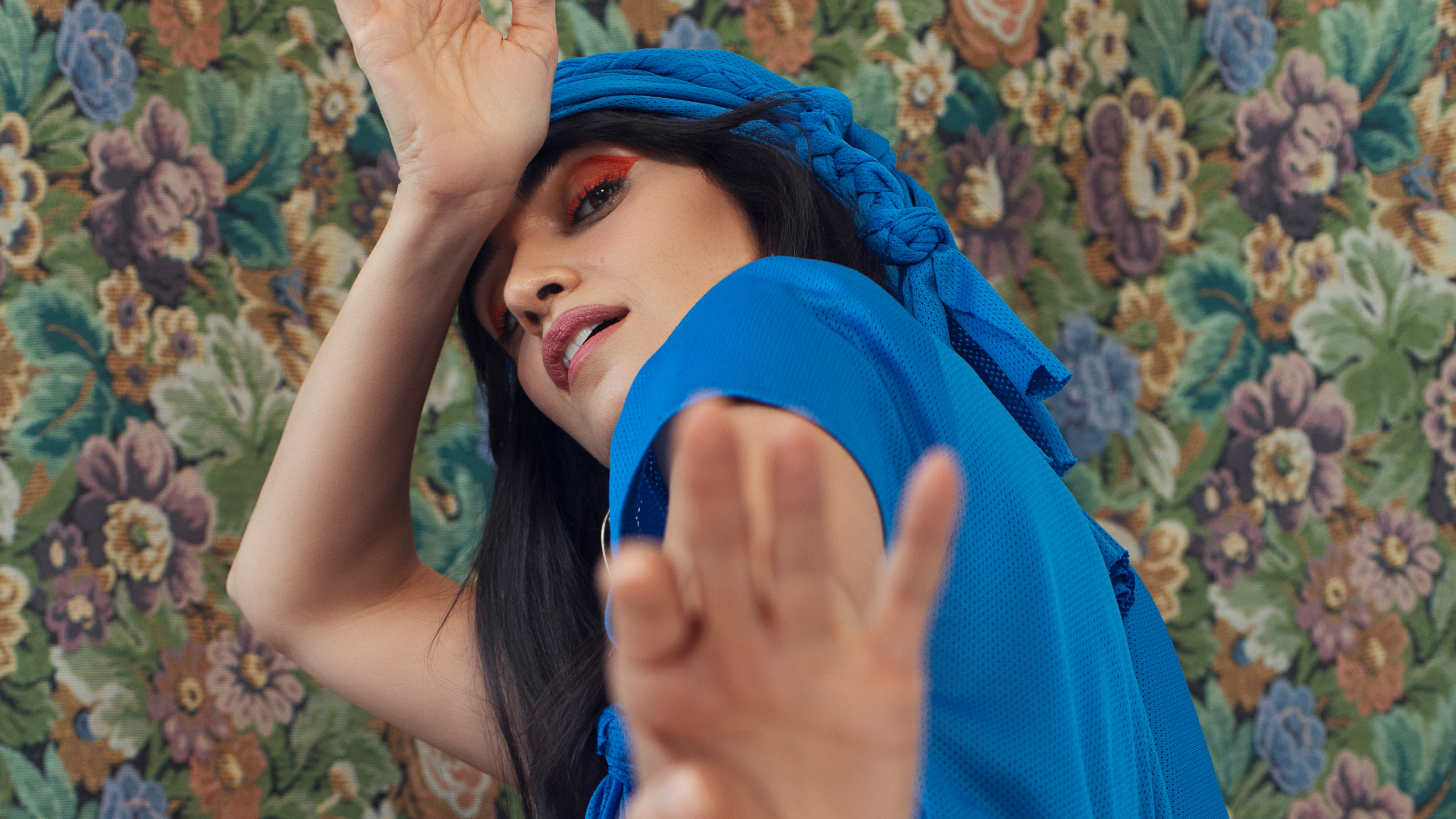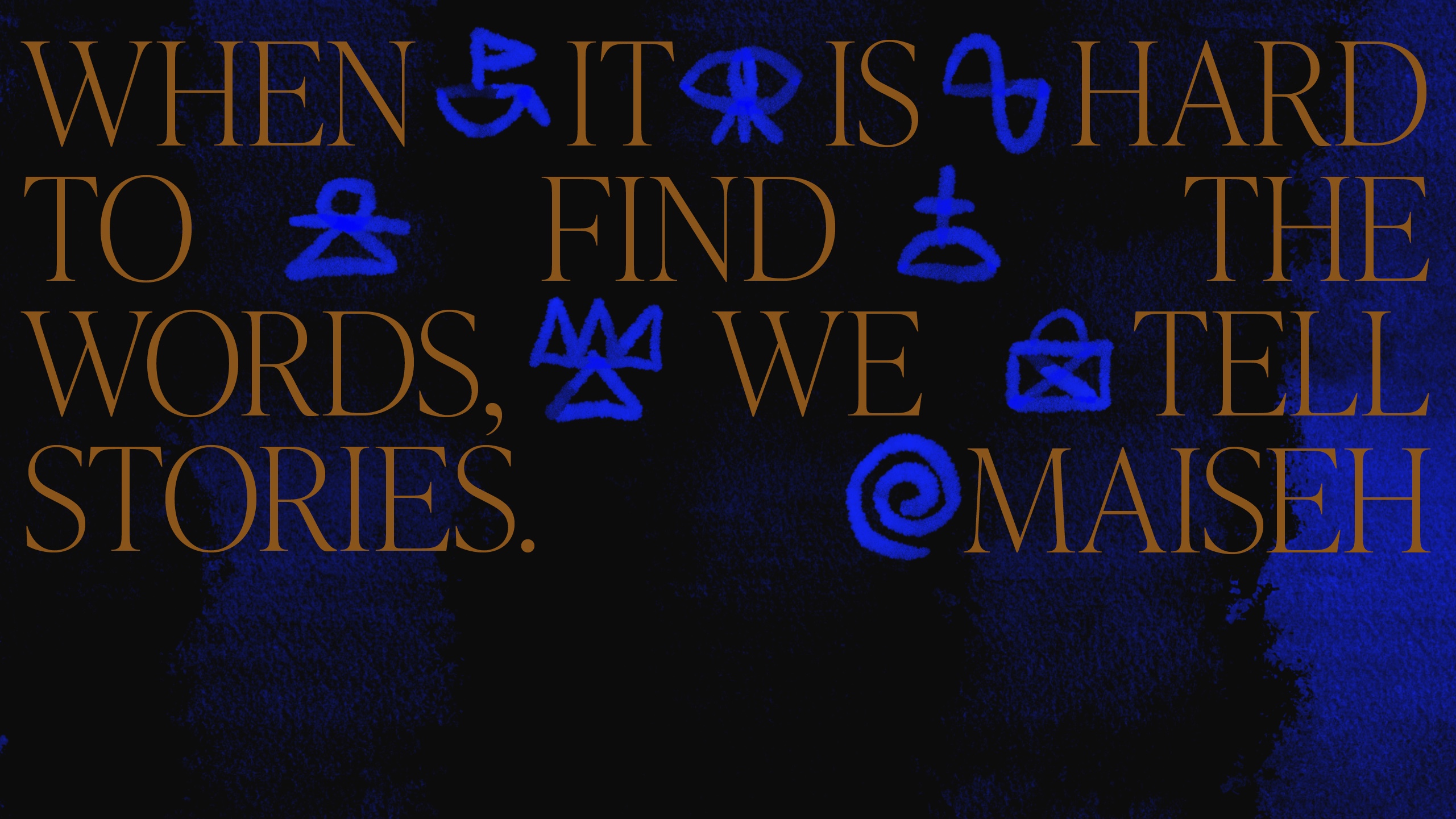Festival crew recommends
For the 31st Jewish Culture Festival we and our partners prepared more than 150 events. Please check our recommendations, so you do not miss the most important events!
Janusz Makuch
It is impossible to recommend anything without forgetting about the rest of the program, Everything is equally important for us and when I am asked to name some of the “highlights”, I start to gnash my teeth, as this is like asking someone: “which of your teeth do you love most”? Nonsense.
That is why I am not writing any recommendations, but only an invitation to the entire Festival and if someone is not able to be with us all the time, I will be happy if they could just listen to the lectures, because they are by all means worth it. Two topics are dominating – Water and Antisemitism. I could equally say that this is the Element of Life and the Element of Hatred. The hatred for the Jews does not end with the Jews – we see it every day seeing the acts of barbarism committed by Russia. But not only Russia. In the period when technology development reaches its heyday and so does artificial intelligence, mass murderers, with flesh and blood, are safe and sound, as they have always been. I get angry hearing this rubbish saying that a human is made in the image and likeness of God. Let us leave God alone in this!
Also I would like to invite you to the Zahor ceremony, which will take place at the square called Plac Zgody (today: Plac Bohaterów Getta). This I really important for me. The tradition and the culture of the Krakowian Jews did not disappear once they were murdered. We have not inherit the world of death. Quite opposite! Kazimierz will never stop being the Jewish city of Kazimierz, as long as our memory is not merely occasional or politicized. Zahor – Remember!
You must remember who you are and you must remember whom you owe the possibility of being here. Without Jews there neither Kaziemierz, nor our Festival would exist. In some sense we would not exist either.
That is why, please, let us meet on the last day of the Festival at 1 p.m. at the Plac Bohaterów Getta to thank the Krakow Jews – as this is thanks to them that we are here. Let us be together then.
Julia Lorenc
This year we are going to return with the nights at the Alchemia! Evenings and nights full of remarkable and unobvious sounds will be guaranteed thanks to the music played by very well-known to you, Israeli trio, MALOX. This time they will make an extraordinary project, together with Polish musicians – Maniucha Bikont, Jakub Lewicki, Kacper Grzanka and Maciej Prokopowicz. Each night they will be joined by a special guest. This is how their new record will be made, and you may be a part of it!
On the last day of the Festival, we would like to invite you to the Tempel Synagogue to one of the most expected concerts of this Festival: ROYA – LIRAZ & ENSEMBLE. This is a mixture of exceptional charisma, female power and reaching back to tradition – this is how Liraz’s most recent album can be described – and we will have an opportunity to hear it during that evening. The project was created in collaboration with Iranian artists and the result is this musical revolution with a profound message.

Paweł Kowalewski
MAISEH is about what we can discover in legends: those from a long time ago and from more recent times, and in urban legends: those popular and told by every guide, and those forgotten. 7 artists from Poland, Israel, and Germany; 7 artistic projects in 7 locations in Kazimierz, and 7 different interpretations of legends from Kazimierz. Find out what the artists discovered in tales about kings and famous rabbis, about apparitions and marvels, about hidden treasures and people transforming into animals. Walking into the MAISEH world, you will see how alive and relevant the messages hidden in legends are, how accurately these stories can comment on today’s reality if they are put in artists’ hands.
When the story about a poor Jew from Kazimierz who went to Prague to look for a treasure which all the time was hidden in his own house, becomes a tool to deal with loss. After her grandfather’s death, an Israeli artist discovered at home letters he had written to his parents during the Second World War, and to which he never got a reply. He did not know then that both of them had died. She decided to reply to his letters now. Every day of the festival, one letter will be posted online, written from here, from Kazimierz, each a chapter in the process of grieving.
Or when stories from a remote place, brought by people seeking refuge, become stories from here. This is how Ukrainian legends have found their place in MAISEH. One of them tells the story of a mother who, having lost 3 sons in war, was walking across a snowy field, crying, and from her tears, daisies were growing in the snow. Artists from Germany and Austria will tell these legends together with Krakow inhabitants, creating a performance with huge puppets, costumes, and music performer by the Ukrainian Korali choir.
This is only a fragment of what MAISEH is going to be about at this year’s festival. I hope to see you in Kazimierz.

Katarzyna Wydra
Frank London: Ghetoo Songs is a mosaic of Renaissance, liturgical, and folk compositions, historical and new, written for historical texts, sung in 5 languages, which were masterly combined by Frank into a unique project illustrating diversity of styles and genres.
The musicians, together with outstanding singers: cantor Sveta Kundish (known from last year’s Concert of Female Cantors) and Karim Sulayman, will present musical pieces from the 17th century to the 1970s – from the Krakow and Warsaw Ghettos, from the Moroccan mellah – and piyyutim.
The concert will be an invitation to a dialogue with the audience about the idea of a ghetto itself, which can be understood differently by everyone, depending on their age, descent, and place of residence.
Another musical journey is Bajgelman. Get to tango. We will listen to music by one of the most famous Jewish composers of the interwar period – Dawid Bajgelman, the author of the music for Ansky’s legendary The Dybbuk.
The pieces have been arranged by Jarosław Bester, the leader of Bester Quartet, who, together with the best Polish jazz singers: Grażyna Auguścik, Dorota Miśkiewicz and Jorgos Skolias, his band, and outstanding accompanying musicians, will perform the pieces composed by Bajgelman before the war, after its outbreak, and later in the Łódź Ghetto, and which share a common feature – the tango.
Another concert we cordially invite you to is Cantors’ Concert: Golden Ages – Hasidic Revival of Cantorial Music in Brooklyn. Yaakov Lemmer, Yoel Kohn, and Shimon Miller are today’s Hasidic stars of cantorial music. They will be joined by excellent Polish quartet Airis String Quartet, undoubtedly one of the most interesting groups of the young generation in Poland, a group constantly looking for new inspirations going beyond the framework of classical music. Their joint performance will be discovering heritage, creativity, and experiments, showing the potential of religious music; it will be a meeting across divisions/boundaries, a meeting of different worlds of music.
The concert is one of the effects of Jeremiah Lockwood’s long-standing archival and ethnographic research, and another one is a vinyl record, and its launch has been specially planned for the 31st edition of the JCF.
I have presented three concerts which will take place in the Tempel Synagogue, our favourite festival concert hall, but please do not forget about the concerts we have planned at the JCF Tent.
One of them is a concert of songs from the borderland between Poland and Ukraine, mainly nigunim, both in traditional and experimental versions. This performance is by the IFF Klezmer Trio, created specifically for the festival, and whose members include Frank London, Francesca Ter-Berg, and Ilya Schneyveys.
On the last festival Sunday, we invite you to Khazonos Soul Party – a recital by Yoel Kohn, one of the most energetic and spiritual performers of cantorial music. He will be accompanied by Jeremiah Lockwood, complementing Yoel’s singing with the sound of the guitar and keyboards.
Edyta Gawlak
Traditionally, this year we have also prepared a special programme for senior citizens of Krakow. All the workshops have been organised by the Machers – Jewish Culture Festival volunteers. This year, it is our pleasure to take you on an amazing journey into sounds, flavours, and colours.
For the first time, Sveta Kundish, an outstanding sopranist and cantor (synagogue singer) born in Ukraine, will perform songs from the Ashkenazi tradition. Lolita Wrzeczynska, a folk artist from Kiev, will introduce the workshops participants to the traditional technique of mezen. It comes from the times before paint was “invented”, and painting is done using traditional pigments to create abstract forms and figures. Senior citizens will also have a unique opportunity to try zero waste cooking. This will be an exciting time of celebrating being together, but above all, of fun, which we strongly believe!
The Literary Programme, organised in cooperation with the Krakow Festival Office, is the festival’s annual tradition. This year, we will have the pleasure to talk to prominent Polish writers: Anna Bikont, Konstanty Gebert, Marcin Wicha, Małgorzata Lebda, Olga Drenda, Igor Barys, and Elżbieta Łapczyńska. We will raise important and interesting topics – concerning antisemitism and new urban legends. As usual, there will be place for discussions and voices from the audience. Another literary feast is afoot!
There is also an extraordinary meeting awaiting us since the person is remarkable: Stanisław Janicki, a cinema expert, screenwriter, director, television personality, the author and host of the programme W starym kinie (At the Old Cinema) – this time at the Jewish Culture Festival. During his author’s meeting, with innate charisma and storytelling flair, not only will this master of film stories talk about the Jewish film in Poland, but he will also share his personal stories related to this type of cinema. This will be an extraordinary journey to bygone times – to which we cordially invite you!
Robert Gądek
We always say that the purpose of the Festival is not entertainment in itself. The entertainment is only a tool to achieve the real goal of social change in the societal approach towards the Jewish community, the Jewish culture, the common Polish-Jewish heritage, and finally to our multicultural identity, which should be our pride and not a problem. Therefore, since the first editions, the Jewish Culture Festival has been conceived as a long-term educational process, utilising tools from various fields ranging from art to new technologies. And all this in order to build a healthy society that will not be afraid to face its true history, face the future and, most noticeably, take care of good life for all of us here and now.
Bearing it in mind, we cannot ignore the fact that the number of inhabitants of our city has increased significantly in recent months as refugees from Ukraine have lived here and among us. They have become part of our community and we also want to address our festival activities to them. Therefore, in our programme you can find events dedicated to Ukraine, related to it, as well as those addressed directly to our Ukrainian neighbours. If they live with you, if you know someone for whom the Jewish Culture Festival can be an important experience, give them our programme in Ukrainian and draw their attention to the Ukrainian events that we describe in Ukrainian on our website. Among our volunteers and friends, we have several Ukrainian speakers, they will certainly help our Ukrainian guests to move around the 31st Jewish Culture Festival!


